Nori Human SPINK1 ELISA Kit
$508.00 – $916.00
This ELISA kit is for quantification of SPINK1 in human. This is a quick ELISA assay that reduces time to 50% compared to the conventional method, and the entire assay only takes 3 hours. This assay employs the quantitative sandwich enzyme immunoassay technique and uses biotin-streptavidin chemistry to improve the performance of the assays. An antibody specific for SPINK1 has been pre-coated onto a microplate. Standards and samples are pipetted into the wells and any SPINK1 present is bound by the immobilized antibody. After washing away any unbound substances, a detection antibody specific for SPINK1 is added to the wells. Following wash to remove any unbound antibody reagent, a detection reagent is added. After intensive wash a substrate solution is added to the wells and color develops in proportion to the amount of SPINK1 bound in the initial step. The color development is stopped, and the intensity of the color is measured.
Alternative names for SPINK1: Pancreatic secretory trypsin inhibitor, PSTI, serine protease inhibitor Kazal-type 1, tumor-associated trypsin inhibitor, TATI
This product is for Laboratory Research Use Only not for diagnostic and therapeutic purposes or any other purposes.
- Description
- How Elisa Works
- Product Citation (0)
- Reviews (0)
Description
Nori Human SPINK1 ELISA Kit Summary
Alternative names for SPINK1: Pancreatic secretory trypsin inhibitor, PSTI, serine protease inhibitor Kazal-type 1, tumor-associated trypsin inhibitor, TATI
| Assay Type | Solid Phase Sandwich ELISA |
| Format | 96-well Microplate or 96-Well Strip Microplate |
| Method of Detection | Colorimetric |
| Number of Targets Detected | 1 |
| Target Antigen Accession Number | P00995 |
| Assay Length | 3 hours |
| Quantitative/Semiquantitative | Quantitative |
| Sample Type | Plasma, Serum, Cell Culture, Urine, Cell/Tissue Lysates, Synovial Fluid, BAL, |
| Recommended Sample Dilution (Plasma/Serum) | No dilution for sample <ULOQ; sufficient dilution for samples >ULOQ |
| Sensitivity | 900 pg/mL |
| Detection Range | 4.688-300 ng/mL |
| Specificity | Human SPINK1 |
| Cross-Reactivity | < 0.5% cross-reactivity observed with available related molecules, < 50% cross-species reactivity observed with species tested. |
| Interference | No significant interference observed with available related molecules |
| Storage/Stability | 4 ºC for up to 6 months |
| Usage | For Laboratory Research Use Only. Not for diagnostic or therapeutic use. |
| Additional Notes | The kit allows for use in multiple experiments. |
Standard Curve
Kit Components
1. Pre-coated 96-well Microplate
2. Biotinylated Detection Antibody
3. Streptavidin-HRP Conjugate
4. Lyophilized Standards
5. TMB One-Step Substrate
6. Stop Solution
7. 20 x PBS
8. Assay Buffer
Other Materials Required but not Provided:
1. Microplate Reader capable of measuring absorption at 450 nm
2. Log-log graph paper or computer and software for ELISA data analysis
3. Precision pipettes (1-1000 µl)
4. Multi-channel pipettes (300 µl)
5. Distilled or deionized water
Protocol Outline
1. Prepare all reagents, samples and standards as instructed in the datasheet.
2. Add 100 µl of Standard or samples to each well and incubate 1 h at RT.
3. Add 100 µl of Working Detection Antibody to each well and incubate 1 h at RT.
4. Add 100 µl of Working Streptavidin-HRP to each well and incubate 20 min at RT.
5. Add 100 µl of Substrate to each well and incubate 5-30 min at RT.
6. Add 50 µl of Stop Solution to each well and read at 450 nm immediately.
Background:
Pancreatic secretory trypsin inhibitor (PSTI) also known as serine protease inhibitor Kazal-type 1 (SPINK1) or tumor-associated trypsin inhibitor (TATI) is a protein that is encoded by the SPINK1 gene.[1] Mutations in SPINK1 has been associated with hereditary pancreatitis and tropical pancreatitis. Trypsinogen is normally created and stored an inactive zymogen of trypsin in the pancreas, but occasionally will autoactivate itself. PSTI serves to cleave prematurely activated trypsin to prevent the enzyme from causing cellular damage to the organ. Without the function of PSTI, the pancreas is subject to repeated episodes of damage.[2] It has also been associated with prostate cancer.[3] SPINK1 is secreted from pancreatic acinar cells into pancreatic juice. It is thought to function in the prevention of trypsin-catalyzed premature activation of zymogens within the pancreas and the pancreatic duct. Mutations in SPINK1 gene are associated with hereditary pancreatitis and tropical calcific pancreatitis.[4] SPINK1 contributes to proliferation and clonal formation of HT29 cells through Beclin1 associated enhanced autophagy.[5] High expression of serine protease inhibitor kazal type 1 predicts poor prognosis and promotes the progression and invasion of oral tongue squamous cell carcinoma.[6]
References
- Yamamoto T, et al. (1985). Biochemical and Biophysical Research Communications. 132 (2): 605–12.
- Marchbank T, et al. (1998). Digestion. 59 (3): 167–74.
- Pfützer RH, Whitcomb DC (2002). Pancreatology. 1 (5): 457–60.
- Witt H, et al. (2000). Nature Genetics. 25 (2): 213–6.
- Hu,N.A., et al. (2023) Oncol Res 30 (2), 89-97.
- Wang,S., et al. (2024) Arch Oral Biol 164, 106003.
Be the first to review “Nori Human SPINK1 ELISA Kit”
You must be logged in to post a review.























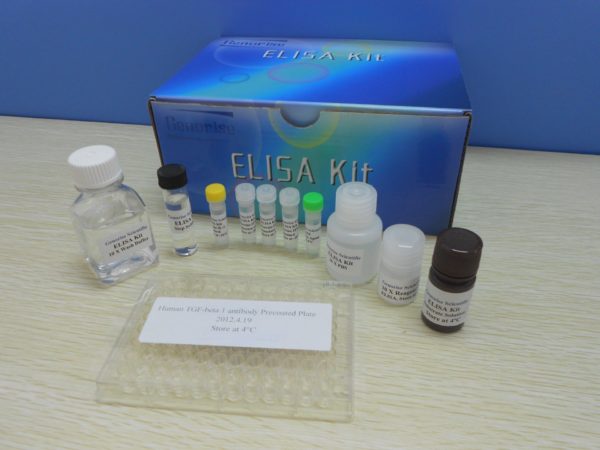
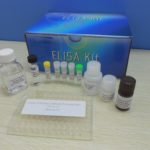
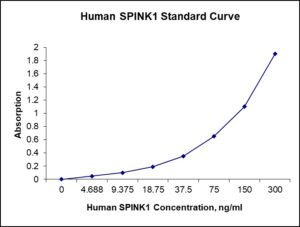
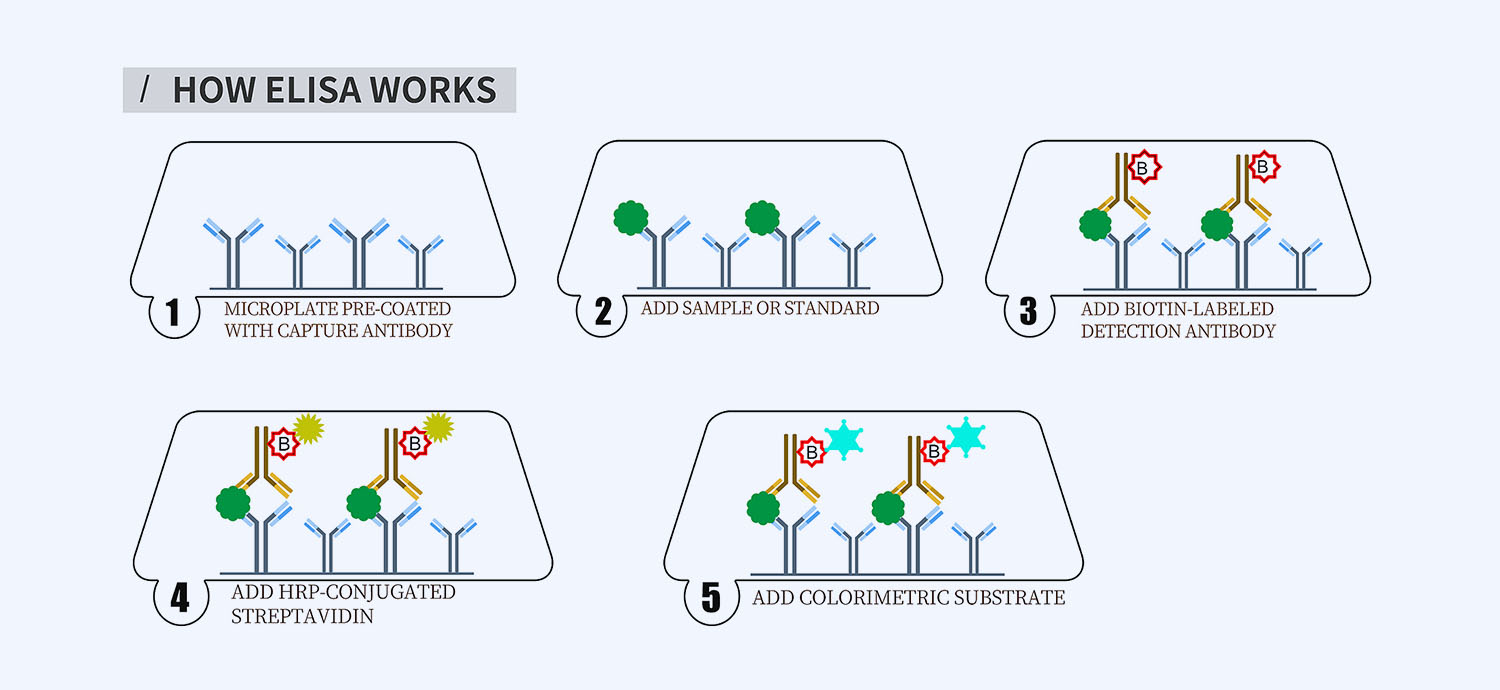
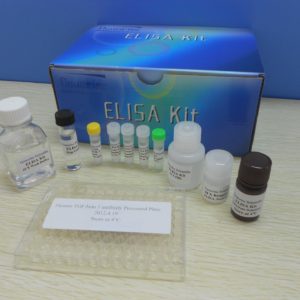

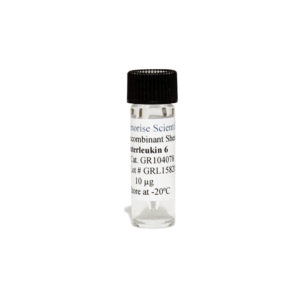
Reviews
There are no reviews yet.